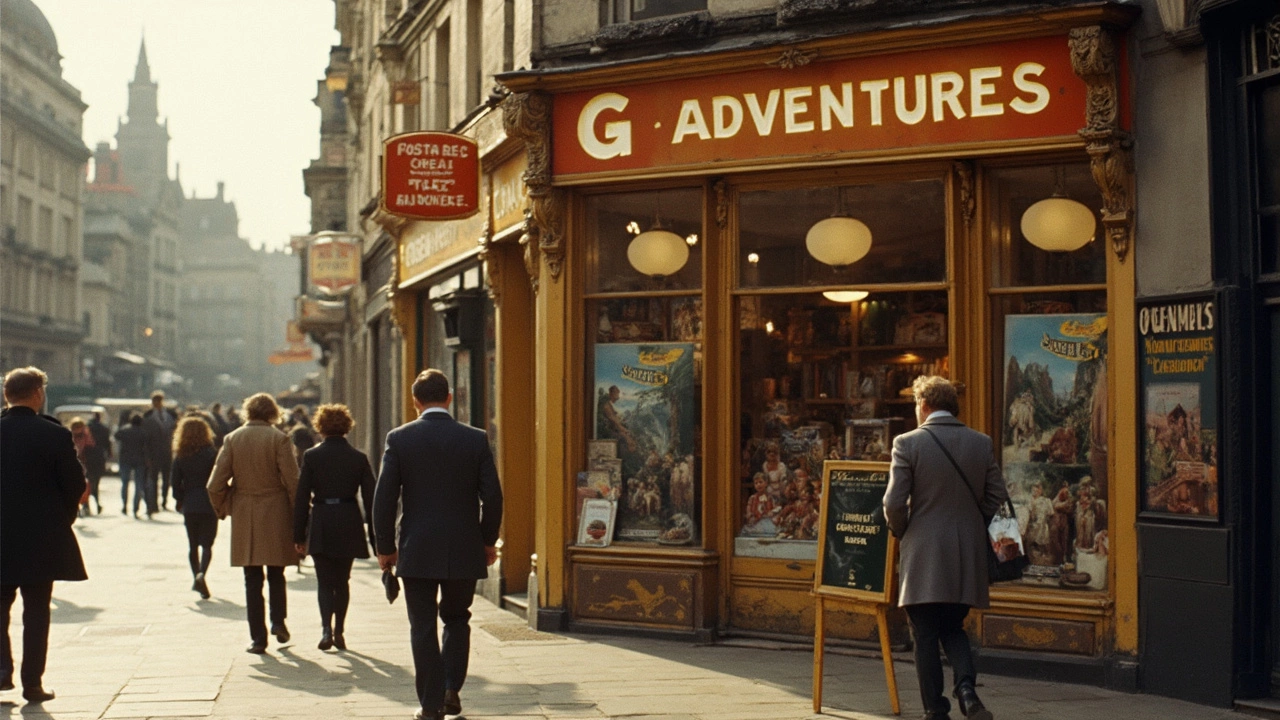History Tag – Quick Stories Behind Travel and Traditions
Ever wonder why a holiday is named the way it is or what story lives behind a cottage sign? The History tag gathers those bite‑size tales so you can add a cool fact to any conversation. Below you’ll find practical nuggets that fit right into a day‑trip plan or a coffee‑break scroll.
Why Black Friday Gets Its Name
Most people think Black Friday started as a sales gimmick, but the name actually comes from accountants. Back in the 1960s merchants in Philadelphia used the term to describe the day their books went from "red" (loss) to "black" (profit) after a flood of shoppers. The myth that it was named for traffic jams is only half‑true – the traffic was real, but it wasn’t the original reason.
If you’re planning a UK city break around the end of November, watch out for the crowds, but also use the story as a conversation starter at a pub. A quick fact like this makes you stand out and can even earn you a friendly nod from the bartender.
The Curious Origins of Cottage Names
Cottage names aren’t random. In the 18th and 19th centuries, owners used names like "Rosebud" or "Foxglove" to advertise the scenery or the produce they offered. Some places even took names from local legends – "The Black Swan" might have been a tavern where a real black swan once landed.
Next time you book a countryside stay, check the name card. If it mentions a plant or animal, there’s likely a story tied to the land. Knowing that "Rose Cottage" was named after a historic rose garden adds charm to your stay and helps you choose a spot that truly matches the vibe you want.
These two examples show how the History tag adds depth to everyday travel topics. From shopping traditions to humble holiday homes, each post gives you a short, easy‑to‑share fact. The goal isn’t a full lecture – just enough to keep you interesting and informed.
Want more quick history bites? Browse the tag for stories on secret UK spots, the evolution of holiday customs, and why certain festivals exist. The posts are written in plain language, so you can read them on a bus ride or while waiting in line for coffee.
Using these facts while you travel does two things: it enriches your own experience and makes you a better guide for anyone you meet. Whether you’re a solo explorer, a family on a weekend getaway, or a local looking for a fresh perspective, the History tag is your go‑to spot for short, useful history that fits right into a travel itinerary.
Remember, the best travel memories often come from the little details you learn along the way. Keep this page handy, share a story or two, and turn any trip into a mini‑history lesson without the boring textbook vibe.

What Was the Old Name for G Adventures? Uncovering the Story Behind the Adventure Travel Brand
Ever wondered what G Adventures was called before it became the iconic brand it is today? This article digs into the original name of G Adventures, why they rebranded, and some fun facts about the company’s journey. You’ll also get practical tips for choosing adventure holidays and find out how the brand’s beginnings still shape trips today. If you’re planning an adventure tour or just love travel history, you’ll get a lot out of this read. Let’s get into the real story behind the name change.
